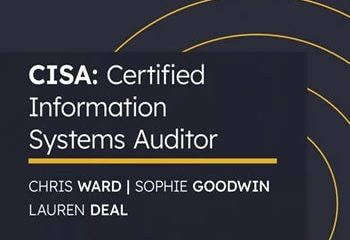
Understanding the intricacies of system vulnerabilities and mastering exploit techniques is crucial in the cybersecurity field. Understanding the anatomy of shellcode gives you the edge when it comes to offensive security, defensive security, and malware analysis. In this course, Specialized Exploits: Windows and Linux x32 Shellcode, you’ll learn to craft sophisticated Linux and Windows x86 shellcode, for 32-bit systems, using fundamental C/C# and PowerShell code as a basic harness to inject the shellcode into memory. First, you’ll explore x86 assembly language essentials for writing shellcode. You’ll be given an overview of x86 architecture, exploring memory structures, the role and usage of general-purpose registers, and fundamental calling conventions. Next, you’ll discover how you can leverage Linux syscalls to write a reverse shell in x86 assembly. You’ll also be given the fundamental knowledge needed to developing creative strategies for avoiding bad characters in your code. Finally, you’ll learn how to leverage these skills and transfer what you have learned into crafting Windows 32-bit shellcode. Here you’ll turn your skills up a notch as you discover how to write position-independent code, find the base-address of Win32 modules, resolve symbols, and call Win32 APIs by virtual memory address. When you’re finished with this course, you’ll have the skills and knowledge of writing shellcode for Linux and Windows. This is essential learning to take you to the next level of offensive security, preparing you for more advanced shellcode injection techniques and developing 64-bit shellcode. Whether you are a red or blue team specialist understanding and leveraging shellcode is an exciting topic to master.
HOMEPAGE – https://www.pluralsight.com/courses/specialized-exploits-win-linux-shellcode
Free Download Link-
Note: Comment below if you find the download link dead.



0 Comments